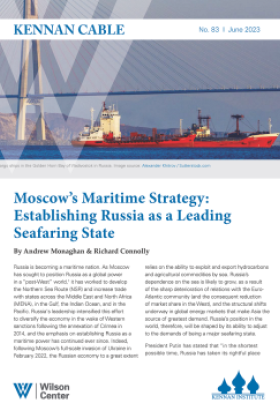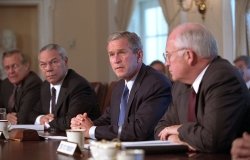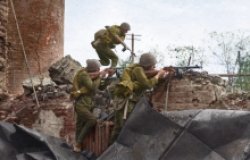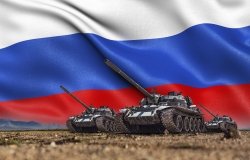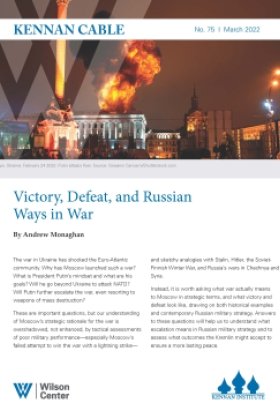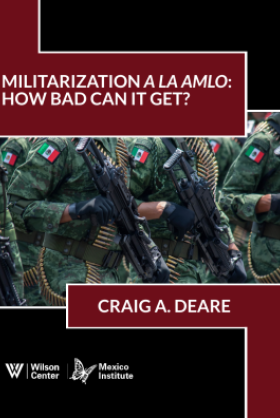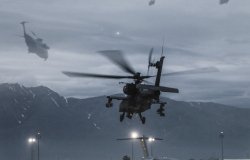#115 Argentina at the Crossroads: Pathways and Obstacles to Democratization in the Present Political Conjuncture
By Marcelo Cavarozzi
This paper analyzes the current political conjuncture in Argentina. Beginning with a brief description of the ten years that preceded the inauguration of the 1976 military regime, it then examines the policies implemented by the regime between 1976 and 1981. More specifically, it argues that the regime's economic program--unlike those of previous . military regimes--together with widespread repression became the main instrument of a project of radically transforming the underlying social structure. According to the military's vision, this structure had nurtured the emergence and prospering of populism, and, consequently, of subversion.
The failure of the military's economic policies to achieve their objectives opened a serious crisis in 1980, which led in the following year to the military breaking its own rules and deposing the recently installed president, General Viola. A new president was appointed: General Galtieri, who tried to recover the initiative by departing sharply from the indecisive course followed by Viola. In the realm of economic policies, Galtieri's cabinet chose to deepen the depression in order to reduce inflation. Galtieri's most daring changes, however, have taken place in the political arena, where he has clearly begun to move in the direction of some type of regime institutionalization.
The paper then explores the obstacles which Galtieri is confronting in his attempt and concludes that while the military's road to a managed retreat is not going to be an easy one, neither are the opposition's prospects of forcing democratization particularly bright.
Finally, in the concluding section, the paper examines the alternative scenarios that might emerge from the present conjuncture. These scenarios are: an institutionalization of military predominance leading to liberalization; a situation of protracted attrition of both the military and the oppositions resulting in an unstable, albeit extended, period of administration of crisis; and a democratic breakthrough which opens the possibility of a thorough and sustained democratization of both the state and civil society.
Related Programs

Latin America Program
The Wilson Center’s prestigious Latin America Program provides non-partisan expertise to a broad community of decision makers in the United States and Latin America on critical policy issues facing the Hemisphere. The Program provides insightful and actionable research for policymakers, private sector leaders, journalists, and public intellectuals in the United States and Latin America. To bridge the gap between scholarship and policy action, it fosters new inquiry, sponsors high-level public and private meetings among multiple stakeholders, and explores policy options to improve outcomes for citizens throughout the Americas. Drawing on the Wilson Center’s strength as the nation’s key non-partisan policy forum, the Program serves as a trusted source of analysis and a vital point of contact between the worlds of scholarship and action. Read more

Argentina Project
The Argentina Project is the premier institution for policy-relevant research on politics and economics in Argentina. Read more


